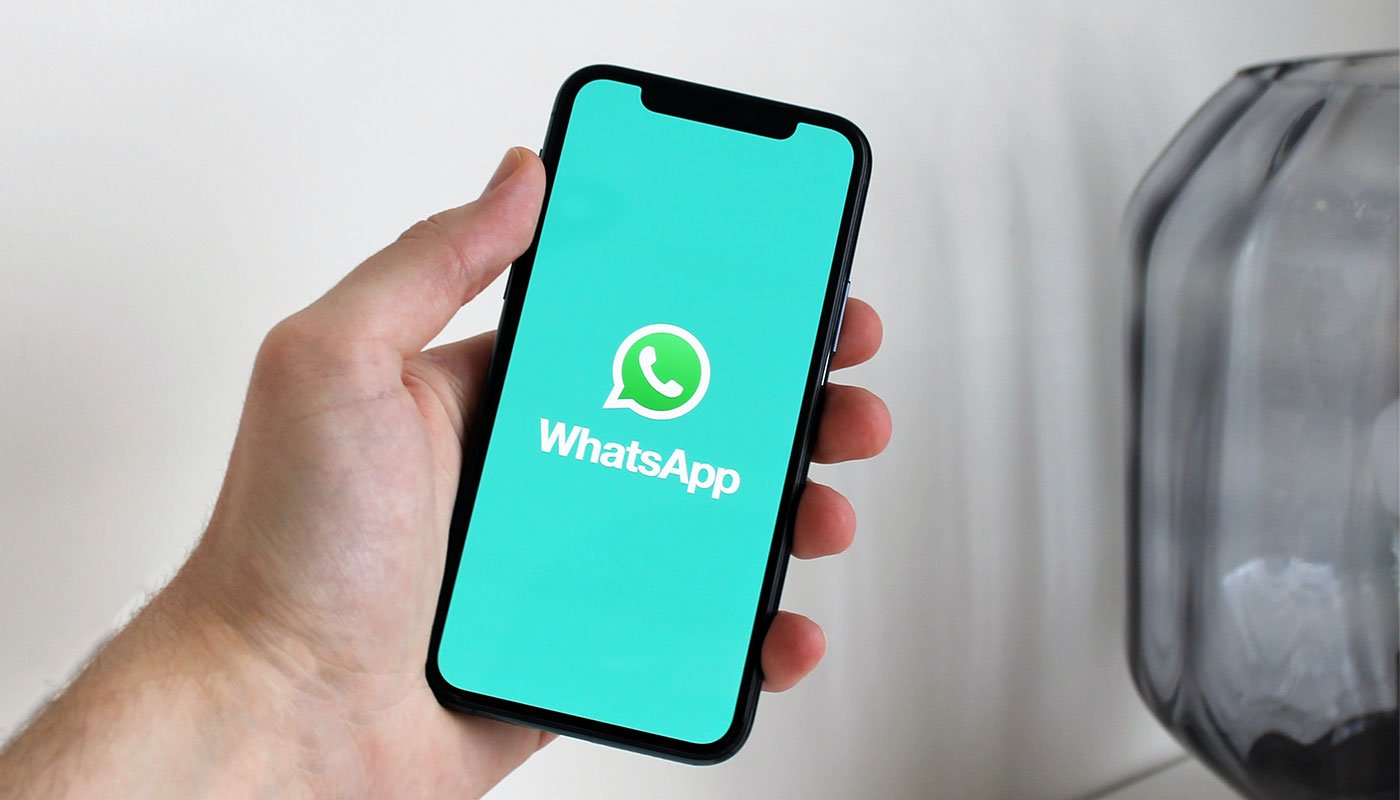Internal communication is an essential part of any business. It allows employees to share information, ask questions and clarify details about their work. As a result, internal communication is a key component of your company's success but it's also one that can be easily overlooked or mishandled.
While WhatsApp makes it easy to share information quickly, its lack of security features can put your business at risk. It also lacks certain features that many companies need to run efficiently, such as role-based access control and ability to integrate with other apps.
In this article we'll explore the importance of internal communication in your organization and explain why WhatsApp should not be used for this purpose.
The Use of WhatsApp for Internal Communication
WhatsApp is a popular choice for internal communication, and on the surface it's easy to see why. It's widely adopted, it offers secure messaging and encryption, and users are familiar with the app. But while these factors make WhatsApp an attractive option for your company's internal communication strategy, they also introduce some potential pitfalls that can impact your business if you aren't careful.
Let's take a look at some of the risks of using WhatsApp for internal communication.
Security Concerns
There are a number of security concerns with using WhatsApp for internal communication. The first is that the app does not support end-to-end encryption in all circumstances, meaning that your messages may not be secure from prying eyes.
For example, if you use the app on an iPhone or iPad (as opposed to an Android device), then your backup messages will be stored unencrypted on iCloud and thus could be accessed by law enforcement agencies if they obtain a warrant for them. This means that even if you have turned off the option to allow anyone with whom you are communicating on WhatsApp access to your contacts list or location data, these features might still be available through your backups if they were sent over iCloud rather than directly between devices via Wi-Fi or cellular connection (1).
Compliance and Legal Risks
If your business is subject to compliance and legal requirements, using WhatsApp for internal communication may pose a risk.
If not given company-approved cloud tools, frontline workers may risk company and data security and regulatory compliance to use their own. Fifty-three percent of frontline workers use messaging apps such as WhatsApp and Facebook Messenger up to six times a day for work-related reasons, but 68% of them said they’d stop if given approved internal communication tools.18
- Google Whitepaper: Power Your Frontline Workforce With the Cloud (3)
-
GDPR: The General Data Protection Regulation (GDPR) requires businesses to protect the personal data of EU residents with whom they interact. If you use WhatsApp for internal communication and don't have an adequate data protection plan in place, you could be subjecting yourself to fines up to 20 million euros or 4% of global annual turnover--whichever is higher (2).
-
HIPAA: The Health Insurance Portability Accountability Act (HIPAA) requires healthcare providers and insurers in the US who handle protected health information (PHI) on behalf of their patients/clients to implement reasonable security measures when storing PHI.
Lack of Professional Features
The lack of professional features is one of the biggest reasons why WhatsApp is not an ideal option for internal communication. If you're using a dedicated app, you can add tasks and projects, set due dates and reminders, create checklists and milestones--and so much more!
This makes it easier to manage your work efficiently while also giving employees visibility into what's going on in the company at any given time.
Another big benefit of using a dedicated app is that you can customize it to suit your company's needs. You can create different groups for different departments or projects, add custom emojis and stickers, set up security protocols--and more! This makes internal communication easier and more efficient than ever before.
The Case for Dedicated Communication Apps
There are many benefits to using dedicated communication apps. First, they allow you to keep all of your internal communications in one place, which is especially helpful if you have multiple teams working on different projects. Second, they allow for easy collaboration between team members and can help keep everyone on the same page when it comes time for decisions or action items.
Finally (and perhaps most importantly), these apps have been specifically designed with the goal of making internal communication easier--they're not just repurposed consumer-grade software!
The Relesys All-in-One Platform
Transitioning from WhatsApp to a Dedicated App
If you're considering transitioning from WhatsApp to a dedicated app, here are some tips and best practices for making the switch.
-
Get everyone on board: This can be a major challenge in some organizations, but it's important to keep in mind that many employees will find it easier to use a fully customised employee app than they would if you were asking them to download another messaging service like Slack or Microsoft Teams.
-
Be patient with those who need time: If your organization has been using WhatsApp as its primary internal communication tool, there may be people who have become accustomed to interacting with colleagues via group chats or direct messages rather than emailing them directly (or not interacting at all). Asking these employees to change their behavior could cause frustration and resentment among coworkers who feel like they're being asked too much of an adjustment period after years of using one tool over another when communicating internally at work.
Be clear about how you will be using the new app: If you're switching from WhatsApp to another tool, make sure that your employees know why this change is happening and what their roles are in making it successful. The more transparent you are about the reasons behind this decision and how it will affect them day-to-day, the easier it will be for them to accept.
Conclusion
WhatsApp is a popular choice for internal communication, but there are many reasons why you should consider switching to a dedicated app. The main issue with WhatsApp is that it doesn't provide the professional features needed for business communication. This can lead to security concerns and compliance issues if not addressed properly.
You also need an app that makes it easy for employees to stay in touch across different channels--and this means having one central place where everyone knows how to reach each other at all times without having multiple apps on their phones.







